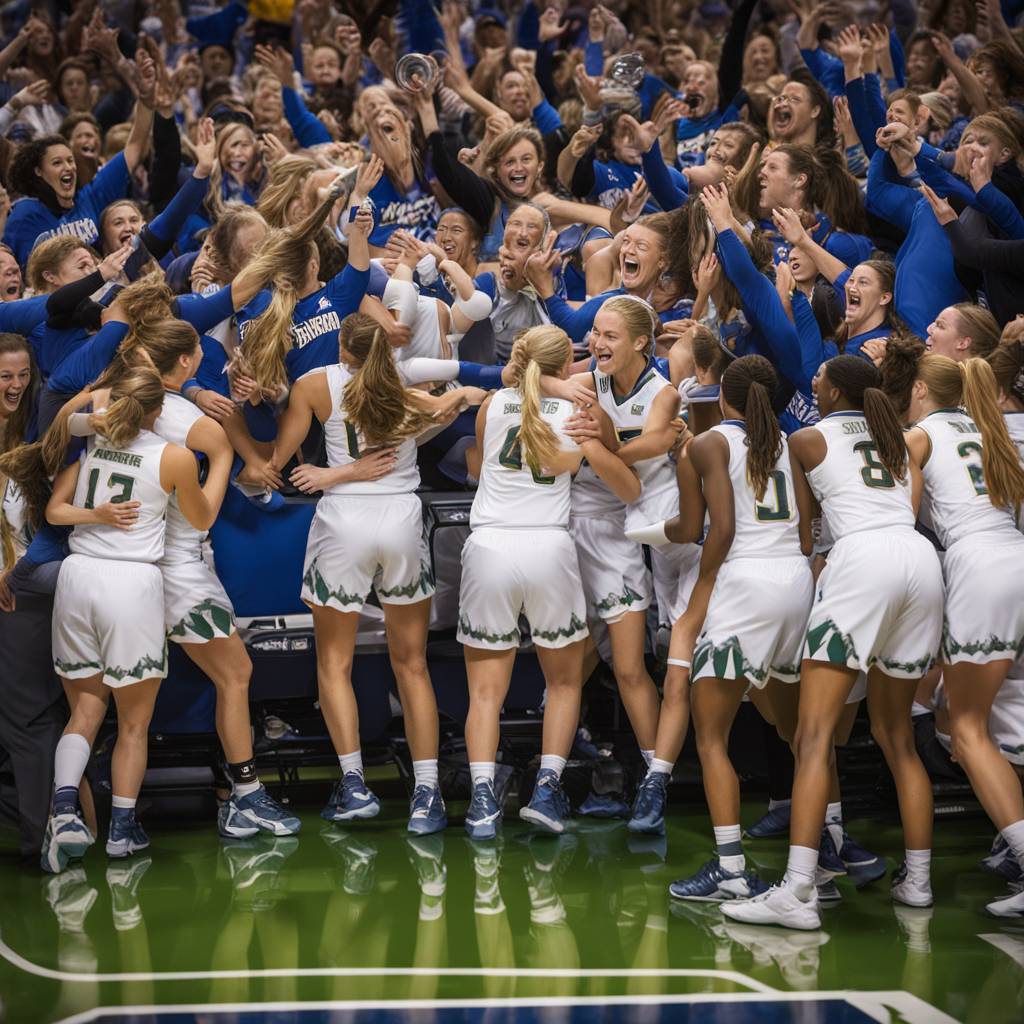Caitlin Clark’s phenomenal talent has brought much-needed attention to NCAA women’s basketball, but as her star rises, so too do the issues plaguing the tournament. Despite her record-breaking performances and nationwide popularity, the NCAA has faced criticism and scrutiny for its mishandling of various aspects of the tournament.
From court measurement errors to sub-par housing arrangements and controversial referee decisions, the NCAA has found itself in hot water as glaring flaws have come to light. These issues have only served to highlight the need for substantial improvements to be made before the 2024-25 tournament.
Clark’s incredible skills have propelled the Iowa Hawkeyes to the Final Four, drawing sellout crowds and increasing ticket prices by 224%. The elite guard has become a household name, captivating audiences and driving up demand for women’s basketball games.
However, the tournament has also been marred by incidents of racial hatred, with the Utah women’s team being targeted during their games in Spokane, Washington. The team faced racist hate crimes, including verbal abuse and threats, highlighting the harsh reality of racism that still persists in society.
Despite these challenges, Clark’s performance on the court continues to amaze, leading her team to victory with a 41-point, 12-assist game in the Elite Eight. Her talent and charisma have transformed the Final Four into a must-watch event, elevating the profile of women’s basketball and inspiring a new generation of players.
As the NCAA grapples with its shortcomings and works towards improving the tournament experience, the resilience and determination of athletes like Caitlin Clark and Angel Reese serve as a reminder of the power of sport to inspire and unite. Their stories shed light on the challenges and triumphs of women in sports, paving the way for a more inclusive and equitable future in NCAA basketball.


